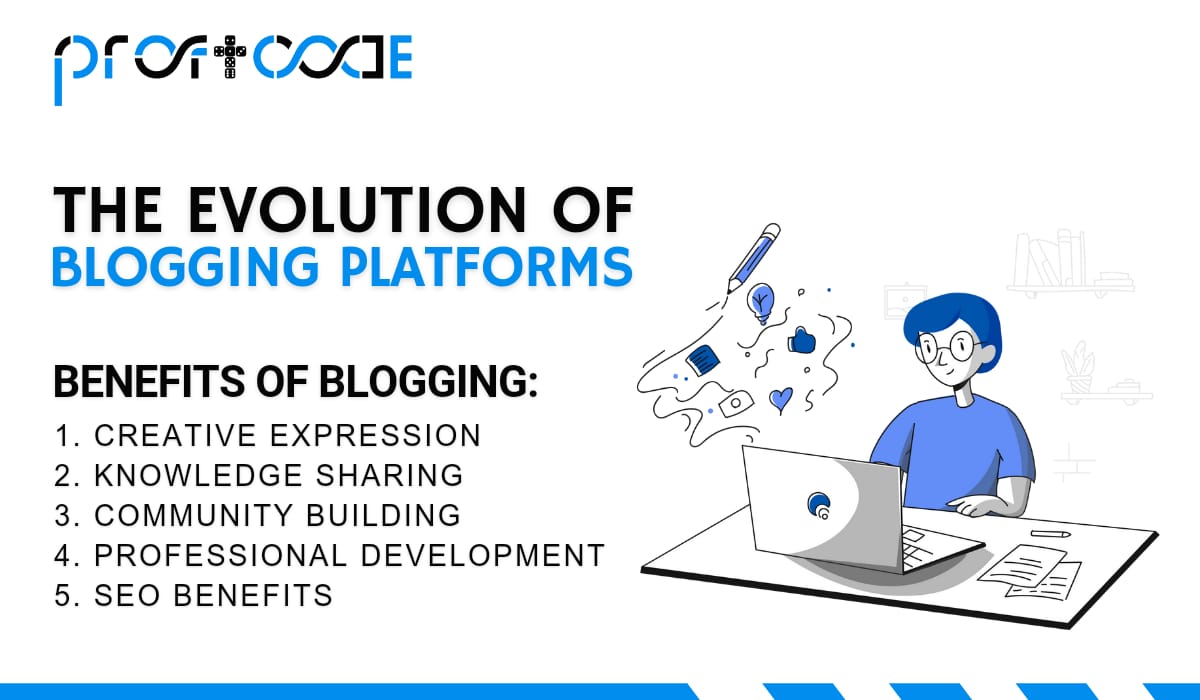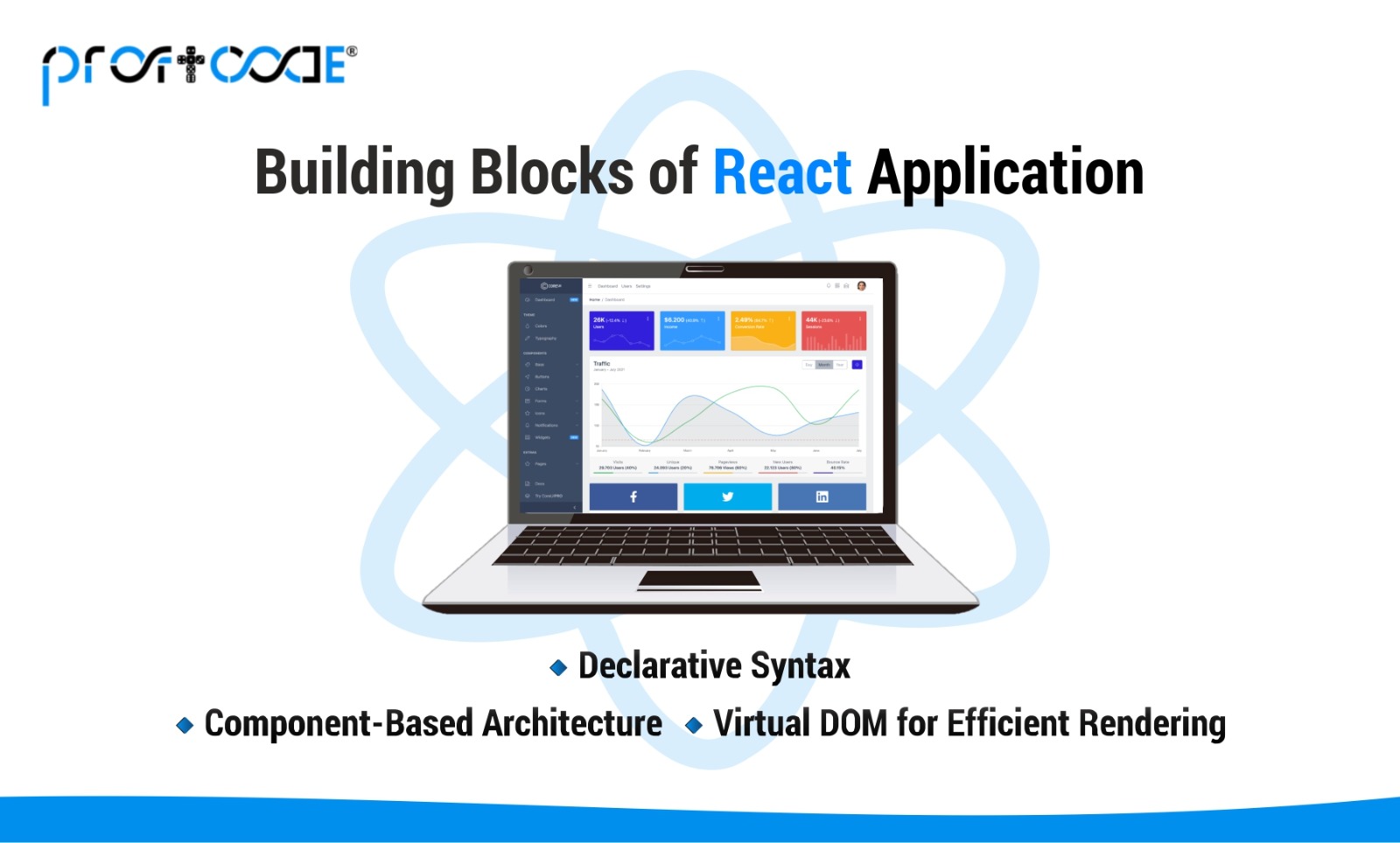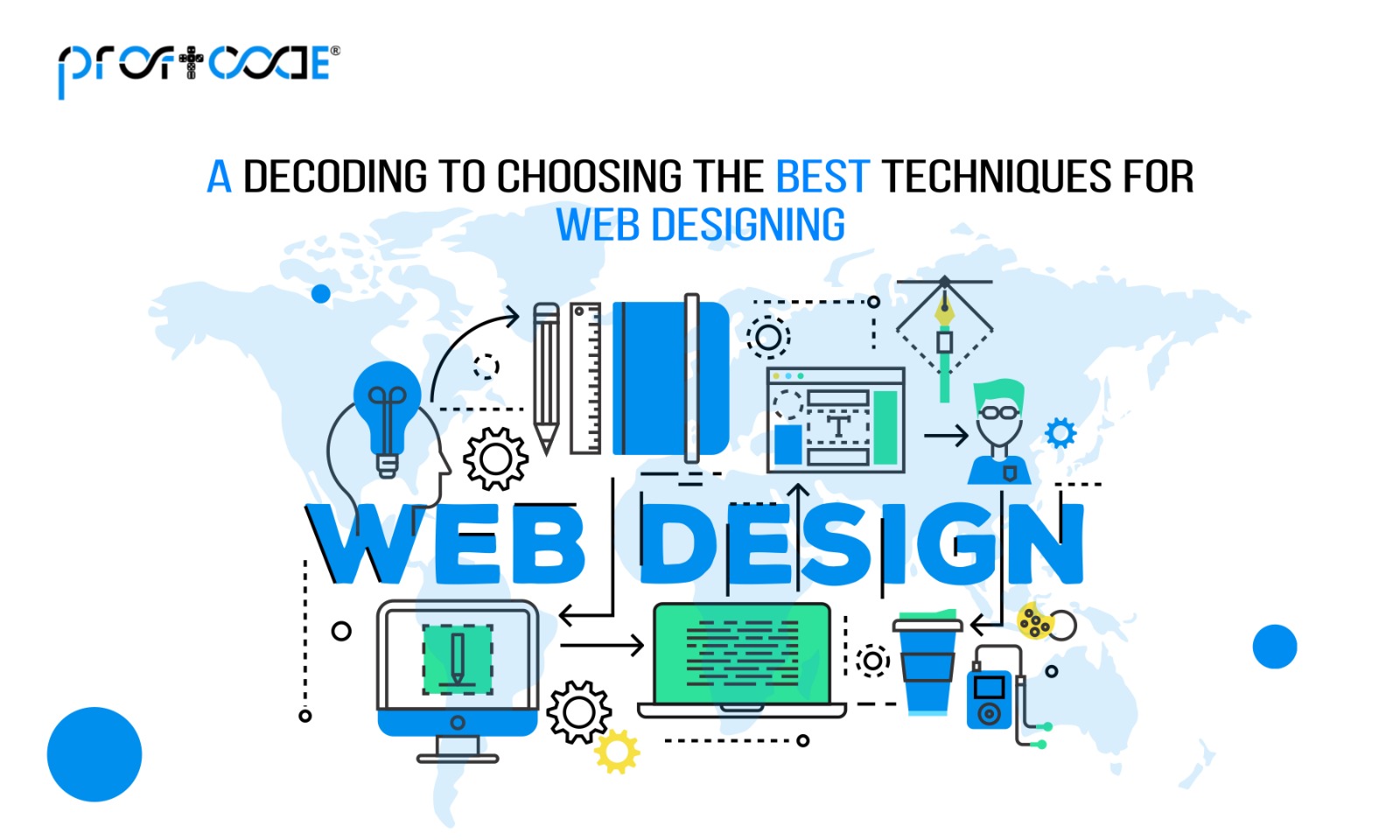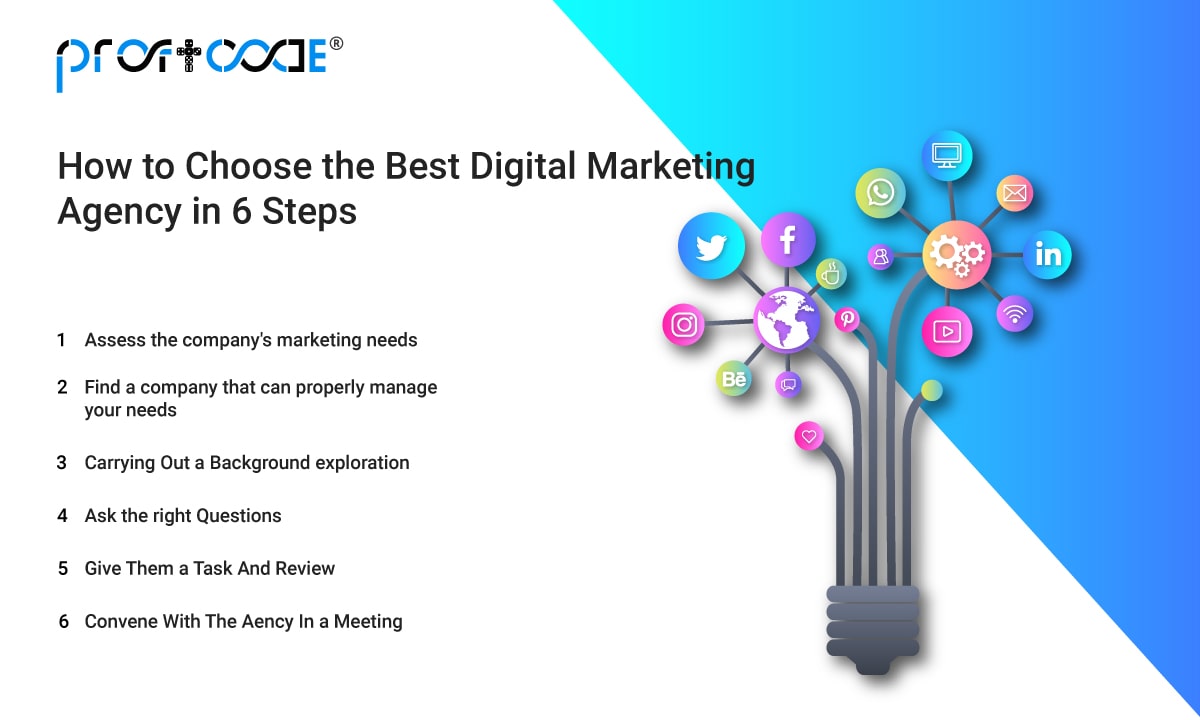What is a Blog?
Yashu kumawat
22-Feb-2024

Category : Digital Marketing
Introduction: In today's digital age,
blogs have become an integral part of online culture, offering a platform for
individuals and organizations to share their thoughts, experiences, and
expertise with the world. In this
comprehensive guide, we'll delve into the intricacies of blogging, exploring
its origins, evolution, and significance in contemporary society.
What is a Blog?
1. Origins of Blogging: The term "blog"
is a contraction of "weblog," coined in the late 1990s to describe a
form of online journaling or diary-keeping. Blogs initially emerged as personal
platforms for individuals to share their thoughts, experiences, and observations
with a global audience. Early bloggers used rudimentary HTML coding to create
simple websites where they could publish their writings and interact with
readers.
2. The Evolution of
Blogging Platforms: As the internet evolved,
so did the tools and platforms for creating and publishing blogs. In the early
2000s, blogging platforms and content management systems (CMS) like Blogger,
WordPress, and LiveJournal revolutionized the blogging landscape, making it
easier for anyone with internet access to create and maintain their own blog.
These platforms offered user-friendly interfaces, customizable templates, and
built-in features like comment sections and RSS feeds, democratizing the
process of blogging, and fueling its popularity.
Types of Blogs: Blogs come in various
forms and cater to diverse interests, passions, and audiences. Some common
types of blogs include:
1. Personal Blogs: Personal blogs are online diaries
or journals where individuals share their thoughts, experiences, and
reflections on life. These blogs often cover a wide range of topics, from daily
musings and personal anecdotes to travel adventures and creative endeavors.
2. Professional Blogs: Professional blogs are created
by individuals or organizations to showcase their expertise, establish
authority in their field, and share insights, tips, and advice with their
audience. These blogs often focus on specific niches or industries, such as technology,
finance, health, or fashion.
3. Niche Blogs: Niche blogs are dedicated to a
specific topic, hobby, or interest, catering to enthusiasts and aficionados
with in-depth content and expert commentary. Examples of niche blogs include
food blogs, gardening blogs, pet blogs, and photography blogs.
4. Corporate Blogs: Corporate blogs are created by
businesses and organizations to engage with customers, promote products or
services, and enhance brand visibility and reputation. These blogs may feature
company news, product updates, customer testimonials, and industry insights.
5. News Blogs: News blogs, also known as
"weblogs" or "news aggregators," curate and share news
articles, op-eds, and commentary on current events and trending topics. These
blogs often provide alternative perspectives and analysis that may not be found
in mainstream media outlets.
Key Components of a Blog: Regardless of its type or
purpose, every blog comprises several key components that contribute to its
functionality and appeal. These components include:
1. Blog Posts: Blog posts are individual entries or
articles published on a blog. Each post is typically focused on a specific
topic or theme and is accompanied by text, images, videos, or other multimedia
elements.
2. Categories and Tags: Blogs often organize posts
into categories or tags to facilitate navigation and discovery. Categories are
broad topics that group related posts together, while tags are specific
keywords or descriptors that provide additional context and organization.
3. Comments Section: Many blogs feature a comments
section where readers can engage with the author and other readers by sharing
their thoughts, opinions, and feedback on individual posts. Comments sections
foster community engagement and dialogue, enriching the reader experience.
4. Archives: Blogs typically include an archives
section that organizes past posts by date, category, or tag. Archives allow
readers to explore older content and access posts they may have missed or want
to revisit.
5. Blog Design: The design and layout of a blog play a
crucial role in shaping the reader's experience. A well-designed blog should be
visually appealing, easy to navigate, and mobile-friendly. Elements such as
typography, color scheme, imagery, and site structure contribute to the overall
aesthetics and usability of the blog.
Benefits of Blogging: Blogging offers a myriad
of benefits for individuals and organizations alike. Some of the key benefits
include:
1. Creative Expression: Blogging provides a platform for individuals to express
themselves creatively, share their ideas and perspectives, and showcase their
talents or expertise on specific topics.
2. Knowledge Sharing: Blogs serve as valuable resources for sharing information,
insights, and expertise on a wide range of subjects, from personal experiences
and hobbies to professional expertise and industry trends.
3. Community Building: Blogs can bring like-minded individuals together,
fostering a sense of community and connection among readers who share common
interests, passions, or goals.
4. Professional
Development: For professionals and
businesses, blogging can enhance credibility, establish authority in a
particular niche or industry, and attract potential clients, customers, or
collaborators.
5. SEO Benefits: Blogs can improve a website's search engine optimization
(SEO) by providing fresh, relevant content that attracts organic traffic and
improves search engine rankings.
At The End:
A blog is a dynamic and versatile
platform that empowers individuals
and organizations to share their thoughts, experiences, and expertise with the
world. From personal journals and creative outlets to professional platforms
and marketing tools, blogs offer endless possibilities for expression, engagement,
and connection in the digital age. Whether you're a seasoned blogger or a
newcomer to the world of online publishing, understanding the intricacies of
blogging is essential for harnessing its power and making your mark on the
digital landscape.














